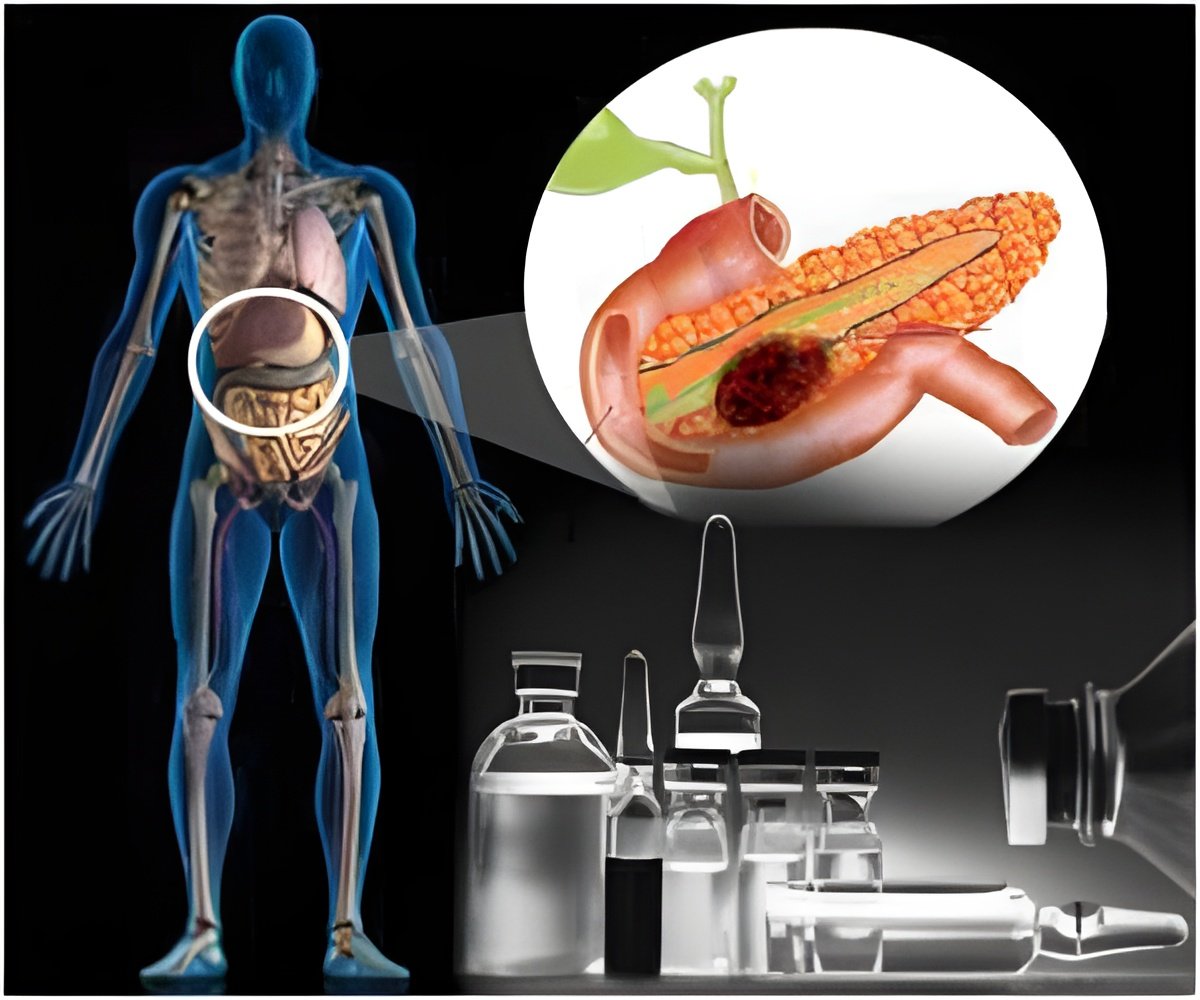
Albert Baldwin, William Rand Kenan Professor of Biology, study senior author, and associate director of UNC Lineberger Comprehensive Cancer Center, says, "GSK-3 promotes activity of a protein called NF-kappa B. Our lab has been studying NF-kappa B for a number of years and has published that this protein is important in KRAS signaling. But how KRAS activates NF-kappa B has not been well understood. We have found a link."
GKS-3 has alpha and beta forms. The beta form has been studied and is considered to be a tumor suppressor. GSK-3 alpha was considered to be redundant to GSK-3 beta. The research team studied GSK-3 alpha in mice with human pancreatic tumors and found through their experiments that its function is different from GSK-3 beta.
"Our data suggest that GSK-alpha is really an onco-protein and that KRAS utilizes GSK-alpha to activate both NF-kappa B pathways, called canonical and noncanonical. This finding is important because GSK-3 alpha sits on top of the two pathways and inhibits them both, thus making it a viable therapeutic target. We are conducting further pharmacologic studies," said Baldwin.
Source-Eurekalert














